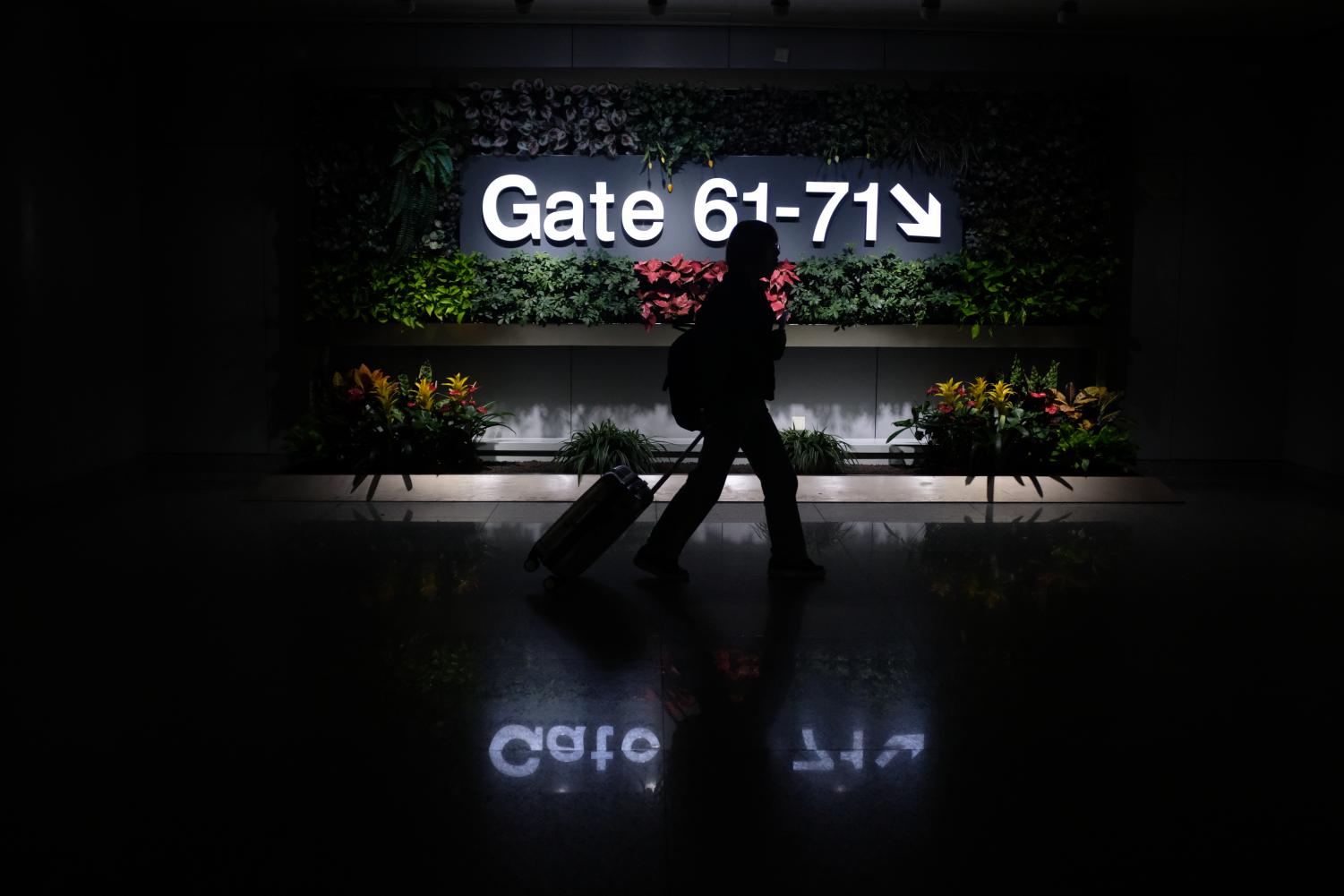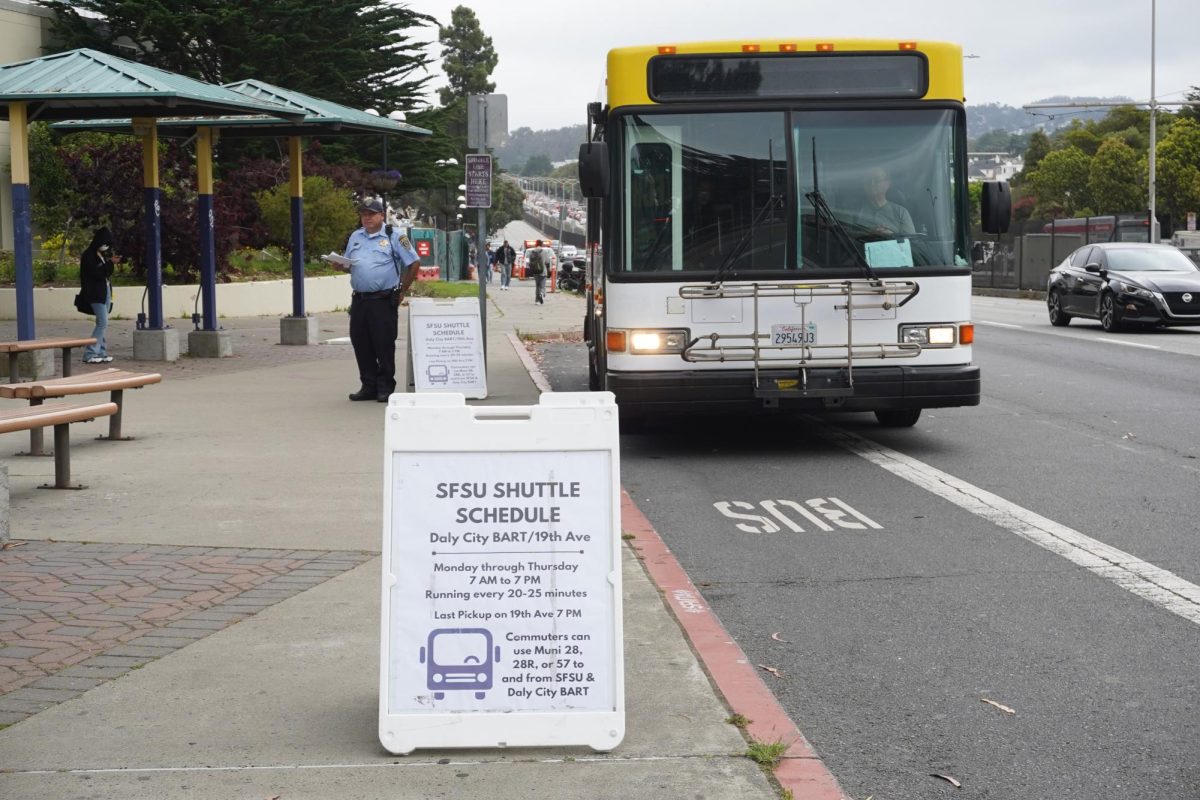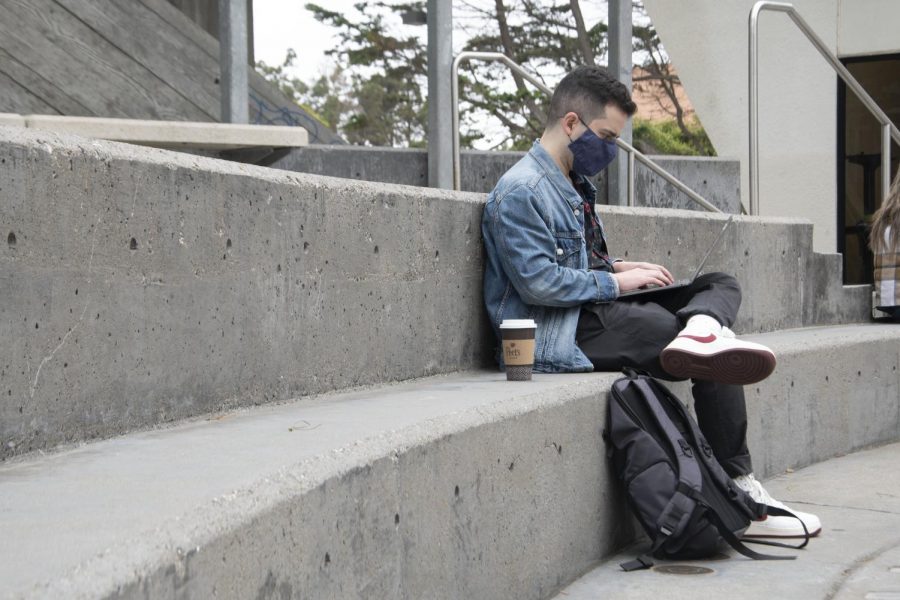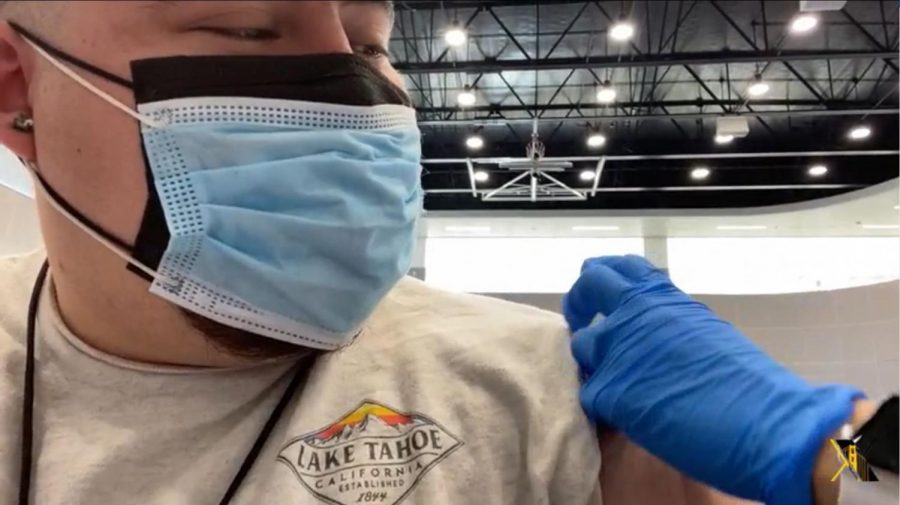
F-1 visa students will face “immigration consequences,” including “removal proceedings,” if they take more than one online class this fall semester, according to the Student and Exchange Visitor Program’s (SEVP) announcement regarding altered exemptions for nonimmigrant students on Monday.
International students must apply for an F-1 visa, also known as a “non-immigrant student visa,” in order to attend an American university or other academic institution, or an M-1 visa to attend a vocational training program. These visas require students to only take a maximum of one online class per semester, along with a series of other regulations to maintain their status.
In light of school closures due to COVID-19, the U.S. Immigration and Customs Enforcement (ICE) initially allowed F-1 visa students to take online classes in the spring and summer semesters.
Yenbo Wu, associate vice president for the Division of International Education at SF State, said 90 international students and 175 short-term exchange students immediately returned to their home countries between March and May, following the city’s shelter-in-place order.
“For students who were not able to return home or chose to remain in the U.S., the SEVP gave international students a peace of mind by allowing students to legally remain in the U.S. while pursuing study remotely instead of in-person,” Wu said.
However, that decision no longer stands. Students currently in the U.S. must either leave the country or “take other measures,” which include transferring to a university with in-person classes in order “to remain in lawful status,” the ICE press release stated.
Nationwide, U.S. universities host over one million international students a year, according to the Institute of International Education.
With SF State’s decision to continue with predominantly remote classes in the fall, along with various travel bans still in place, Wu said many international students will not be eligible to travel to San Francisco. The international education department still expects to see international students taking online classes, now in their home countries.
“This can work quite well for the courses that are offered asynchronously. For courses that are not, it will be more of a challenge because of the time difference,” Wu said.
Beth Hellwig, vice president for Student Affairs & Enrollment Management, sent out an email on behalf of the university regarding the announcement.
“With universities across the country making the difficult decision to move most courses to remote instruction during the COVID-19 health crisis, the new guidance from ICE will have far-reaching effects on our campus and across the U.S.,” Hellwig said.
There may be an exception, however. Hybrid schools, where classes have both an in-person and online portion, are permitted if universities update their operational plans on their I-20 Form, also known as the “Certificate of Eligibility for Nonimmigrant Student Status,” by August 1.
SF State plans to provide more information later this week as it works with the California State University Office of the Chancellor on how international students can pursue their education “in the face of this disruption.”
“Please know that work to provide options and assistance to our international students is ongoing, and we will provide updates as soon as possible,” Hellwig said.
The Office of International Programs will continue to hold drop-in advising appointments available for F-1 visa students on Monday and Wednesday from 2-4 p.m. and Tuesday and Thursday from 9:30-11:30 a.m.













